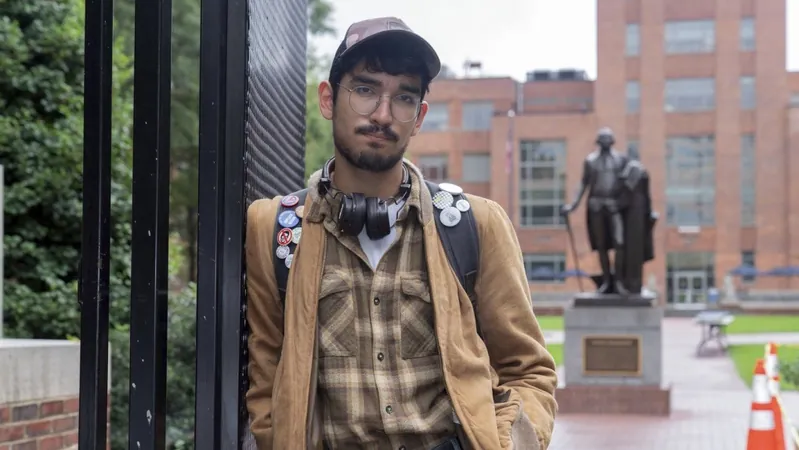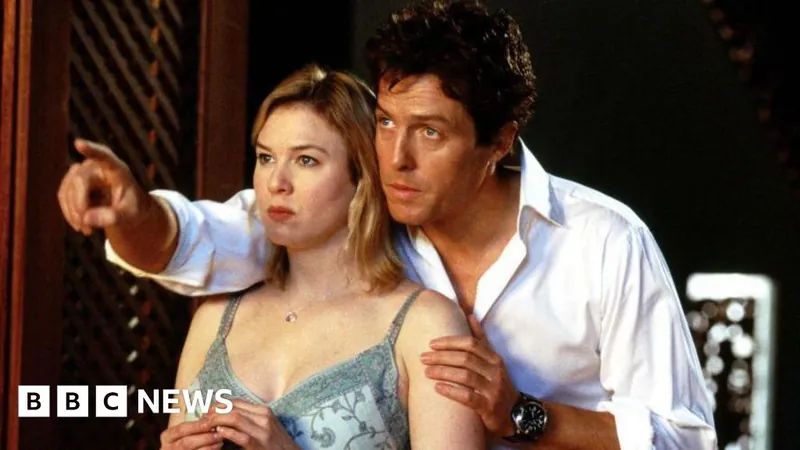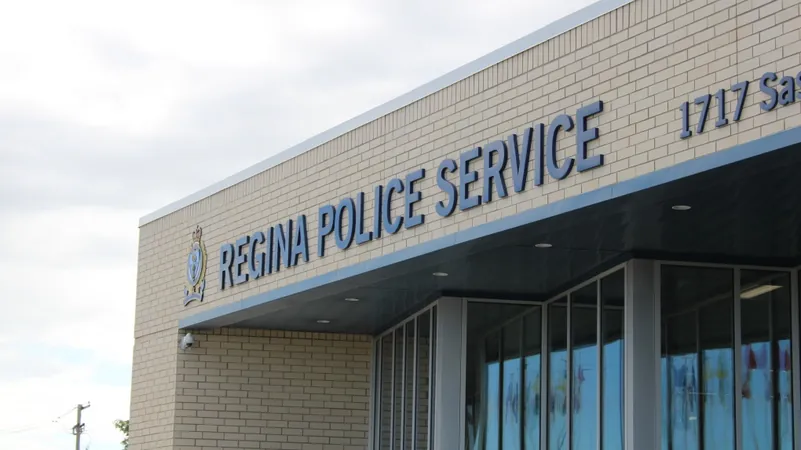
Julian Assange: "I Was Naive to Believe in the Law" - A Call for Justice and Freedom of Expression
2024-10-01
In a poignant address at the Parliamentary Assembly of the Council of Europe (PACE) in Strasbourg, Julian Assange, the founder of WikiLeaks, articulated the challenges he has faced during his years of imprisonment and the broader implications for journalists and freedom of expression. His comments come after nearly a decade of confinement, primarily in the high-security Belmarsh Prison in the UK, where he was held under harsh conditions.
Assange reflected on the profound isolation he experienced while incarcerated, stating that it stripped away parts of his identity, reducing him to the "raw essence of existence." He expressed his gratitude to PACE for recognizing the potential dangers that his imprisonment posed to journalists worldwide, citing resolutions that acknowledged concerns over his treatment and the US government's actions against him.
The Cost of Seeking Justice
Assange revealed that he ultimately chose a plea deal over a potential 175-year sentence, a decision he made in an attempt to regain his freedom rather than pursue what he termed "realizable justice." He made it clear that his freedom should not be seen as a vindication of legal protections, but rather as a result of "pleading guilty to journalism" — that is, admitting to seeking and publishing information in the public interest.
"I did not plead guilty to any crimes beyond journalism," he emphasized, highlighting a dangerous trend where the act of reporting truthfully can be criminalized. Assange invoked a dire warning that the landscape of journalism is perilous, with rising impunity and retaliation against those who dare to speak out.
WikiLeaks: The Pursuit of Truth
Reflecting on the inception of WikiLeaks, Assange laid bare his vision: to illuminate the darkness of government secrecy through transparency. By revealing previously hidden information about wars and military operations, his organization sought to empower the public and hold those in power accountable. The viral impact of the "Collateral Murder" video, which documented a US helicopter attack on civilians in Iraq, served as a powerful example of how transparency can shape public discourse.
Assange lamented the increasing secrecy and attacks against journalists, linking the prosecution against him to a broader campaign against freedom of expression. He noted that the US's prosecution of journalists for publishing government secrets represents an alarming shift that other nations may now emulate, potentially endangering reporters around the world.
The CIA's Extradition Plot
A shocking revelation from Assange’s remarks detailed the CIA's retributive campaign against him, including plans reportedly devised under then-CIA Director Mike Pompeo to kidnap or assassinate him while he was sheltering in the Ecuadorian Embassy. He expressed disbelief at the extent of these escalations, stating that his family faced threats, and that intelligence agents were instructed to track his wife and child.
Assange denounced these acts of transnational repression, viewing them as a clear illustration of how powerful intelligence agencies operate outside the law, often targeting dissenters without regard for human rights.
The Dangerous Precedent for Journalists
He warned that the precedent set by his extradition case establishes a framework that allows powerful nations to extend their legal reach beyond their borders, targeting journalists and publishers globally. Asserting that the Espionage Act is being misused to assert jurisdiction over non-US citizens, Assange claimed that this practice undermines the rights of journalists in Europe, declaring that if not addressed, it could lead to a chilling atmosphere for free speech.
While the war in Ukraine and ongoing conflicts in Gaza demonstrate the perilous reality for journalists today, Assange rallied for collective action to safeguard freedom of expression and press rights. He urged PACE and its member states to wake up to these realities before it becomes too late to respond.
A Call to Action
In closing, Assange emphasized the urgency of defending the fundamental rights that underpin a democratic society, such as freedom of speech and the press. He expressed his deepest gratitude to those who stood by him during his ordeal, appealing for continued vigilance against the encroachment of state power on civil liberties.
"We cannot allow this to happen to anyone else," he implored, challenging European institutions to safeguard the freedoms that ought to be guaranteed for all. "Let us ensure that the pursuit of truth will live on, and that the voices of the many are not silenced by the interests of the few."
Assange's testimony serves as a stark reminder of the ongoing struggles for journalistic freedom, the hazards of transnational political repression, and the necessity for unity in the fight for human rights and transparent governance.









 Brasil (PT)
Brasil (PT)
 Canada (EN)
Canada (EN)
 Chile (ES)
Chile (ES)
 España (ES)
España (ES)
 France (FR)
France (FR)
 Hong Kong (EN)
Hong Kong (EN)
 Italia (IT)
Italia (IT)
 日本 (JA)
日本 (JA)
 Magyarország (HU)
Magyarország (HU)
 Norge (NO)
Norge (NO)
 Polska (PL)
Polska (PL)
 Schweiz (DE)
Schweiz (DE)
 Singapore (EN)
Singapore (EN)
 Sverige (SV)
Sverige (SV)
 Suomi (FI)
Suomi (FI)
 Türkiye (TR)
Türkiye (TR)